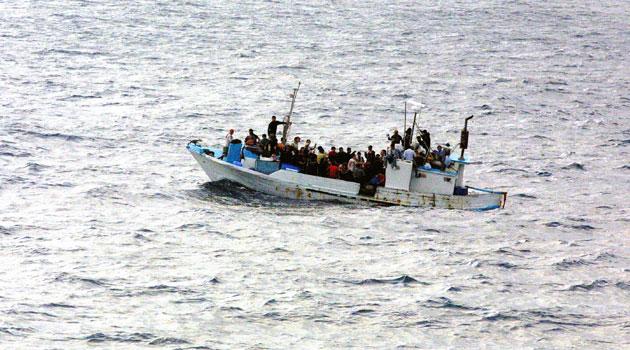Berlin Economic Institute: Refugees will be of long-term economic benefit to Germany

Refugees can be of economic benefit to Germany in the long run as long as the country manages to employ them. In the current issue of the weekly Der Spiegel that statement is made by the President of the Berlin Economic Institute (DIW), Marcel Fratzcher.
According to Fratzcher’s analysis, the arrival of refugees will begin to have a positive effect on Germany’s Gross Domestic Product within 10 years at the latest. "Many people who are coming to us are younger than 25. They are, therefore, of an age at which people are usually still educating themselves, and there is the prospect that they could be available to the labor market for 40 to 50 years," he said.
"If these refugees work, then they will pay taxes, but what is more, they will create more value for the firms that employ them, who will be able to pay even more taxes," he said. The economist said it is necessary to count on a decline in Germany’s economic performance in the near future because there will be a need to invest in the asylum-seekers’ language skills and increasing their work qualifications.
"The money we pay for refugees will aid them and will also increase economic activity. Long-term, all of us will profit from this," he said.
Fratzcher says the overall positive effect of asylum-seekers on German GDP will first begin to show up around 2020 and will be evident by 2025 at the latest. The DIW head said he considers it necessary for the state to intensively aid the asylum-seekers with finding work.
"Experience demonstrates that most will not manage to find employment during the first year after arrival. However, the more rapidly the asylum-seekers get jobs, the bigger their economic contribution will be," he said.
Fratzcher says Germany is economically strong enough that it will not have to abandon its balanced budget policy during the next two years because of the refugees. From a long-term perspective, however, he believes it would be unsustainable for the country to accept the majority of the refugees arriving in the European Union.
"Europe could deal with accepting three million refugees annually, without difficulty, as long as they were fairly distributed among the Member States," he said.